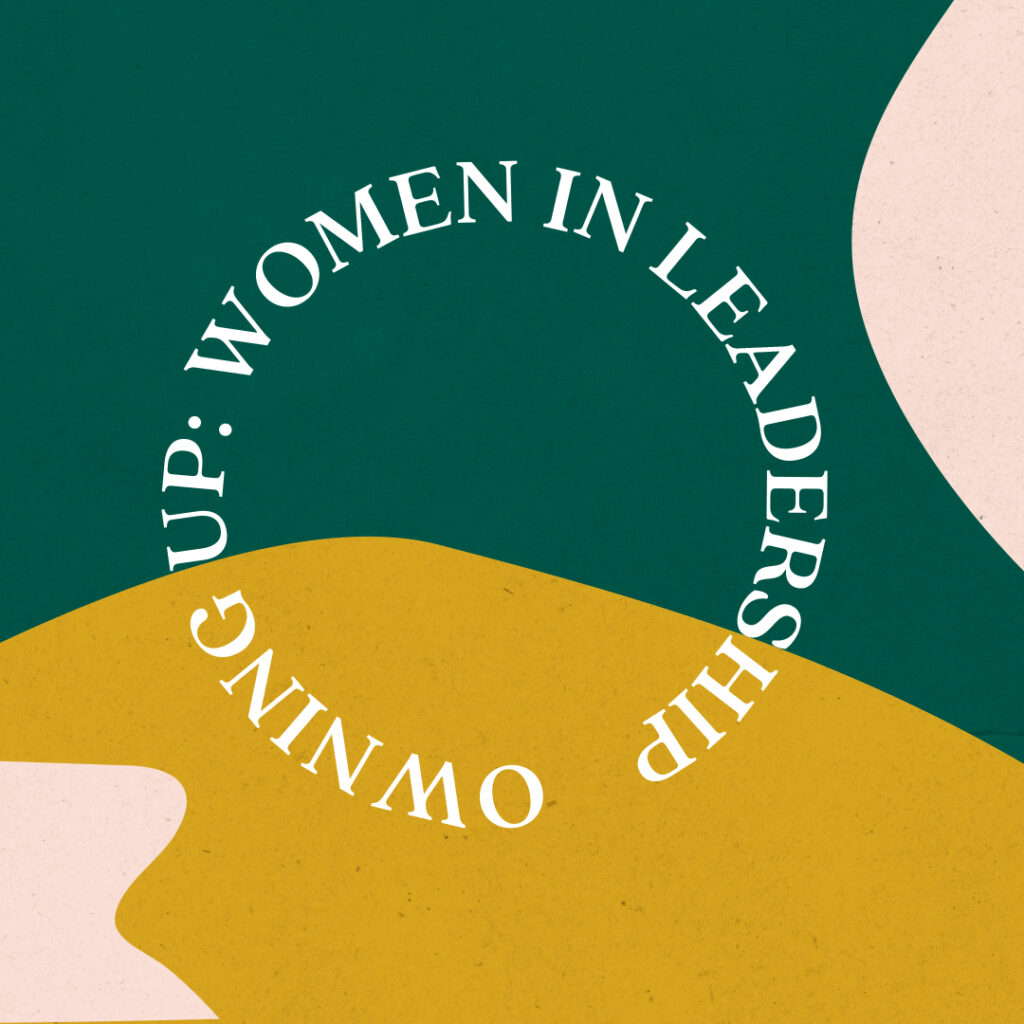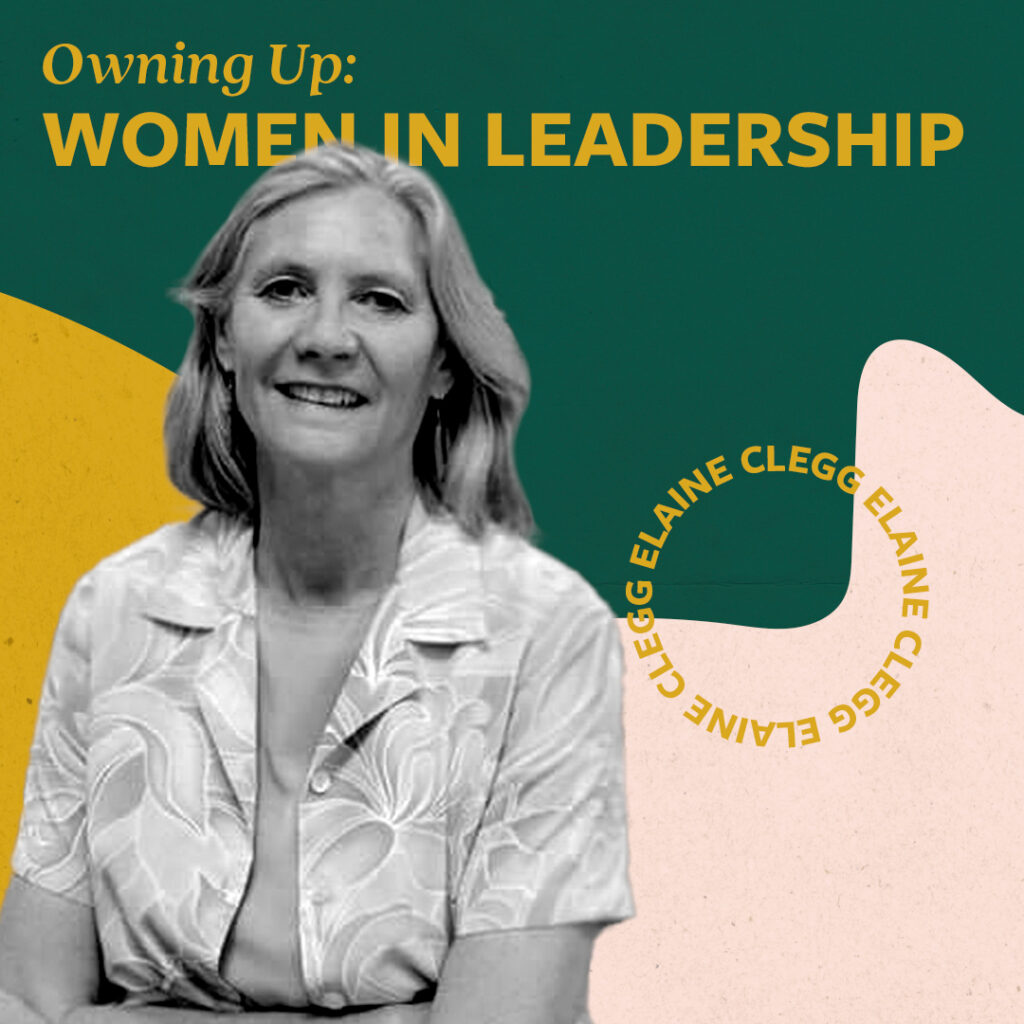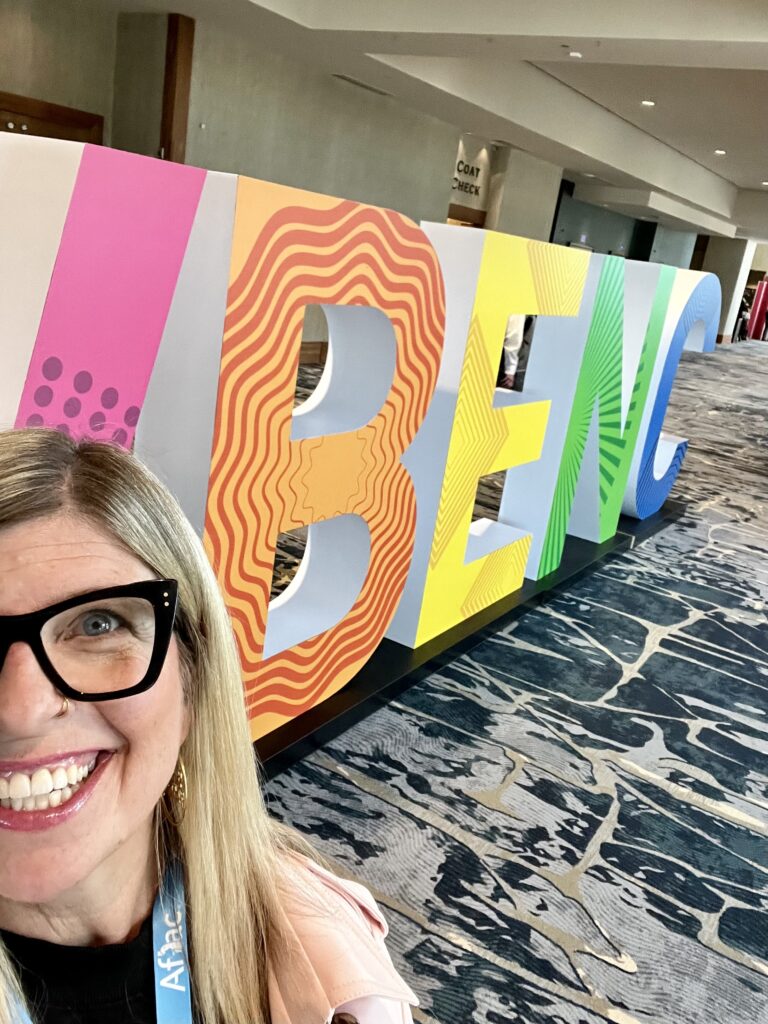Owning Up: Women in Leadership Series
Women accounted for 41.9% of the workforce in 2023. Yet, the proportion of women in senior leadership roles (Vice-President, Director, or C-suite) has dropped by 10% to 32.2. At Stoltz, we know women make great leaders—and we envision a world where there are an equal number of women in leadership as men. We asked several women we admire who hold leadership positions, or are experts in their field, to share their experiences with us and what leadership means for them. Here is one of their stories.
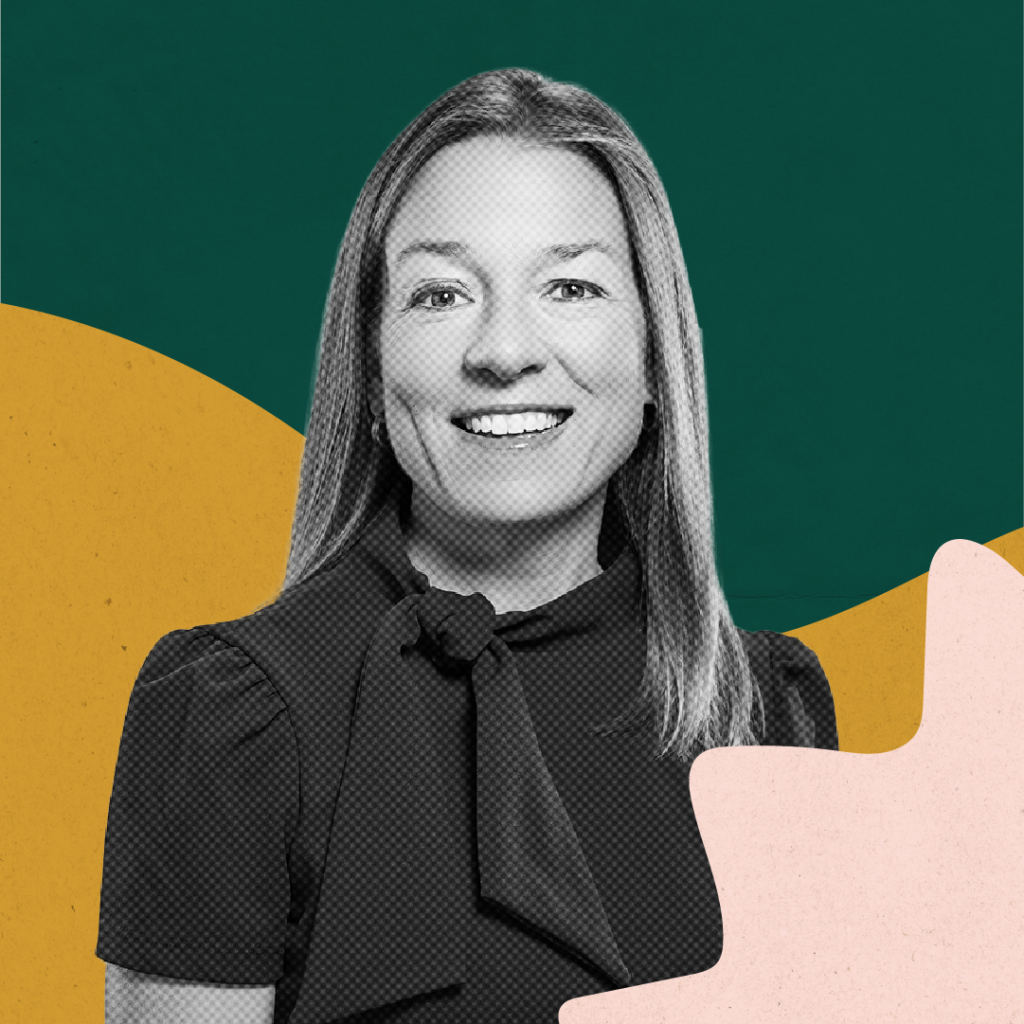
Mayor McLean serves as the first elected woman mayor of Boise, Idaho. Prior to this, she served on the Boise City Council, including a term as council president. Her public service journey began with a summer internship for then-Governor Marc Racicot in Montana, which sparked her passion for community engagement. Mayor McLean earned a master’s degree in public administration from Boise State University and worked with the Idaho Conservation League, focusing on air and water quality.
As mayor, she prioritizes collaboration and community involvement, tackling issues like housing and climate resilience. Dedicated to fostering an inclusive environment, Mayor McLean ensures that all Boiseans feel heard and valued, even when it isn’t popular or easy. She is passionate about leadership and committed to creating a city for everyone.
Just like life, a career path is rarely linear
I started my journey toward becoming mayor back in college when I headed west from South Bend, Indiana, to intern with then-governor of Montana, Marc Racicot. Before that summer, I didn’t necessarily have a strong interest in politics, but I came out of it with a passion for climate and conservation—and an obligation to do something to help. After that experience, I knew I wanted to live in the West. Fast forward to marrying my high school sweetheart and searching for a place to put down roots. We visited Boise for my husband’s job interview and instantly fell in love with the city.
From there, I studied at Boise State University (BSU) in 1998, earning a master’s degree in public administration. During that time, I volunteered on campaigns and eventually landed a job working with Democrats in the state legislature. A huge turning point for me was when I ran the successful campaign to set aside $10 million to preserve land in the Boise foothills, which solidified my spot in politics and my passion for public service. That campaign taught me important lessons about Boise and about leadership—lessons that I’ve taken with me and rely on even today. When we sit down to talk with one another, when Boiseans get together to protect this place we all love, there’s nothing we can’t do. And there’s always more that we find in common than not.
I then joined the Idaho Conservation League, working on air pollution and water quality issues across the state. This experience in grassroots organizing, following the organizing work from the foothills campaign, sold me on the power of collective action and led me to an investment firm, Trillium, where I learned about managing money while focusing on shareholder activism. I represented shareholders on climate and social responsibility issues, which aligned with my values and inspired me to do more. Alongside that, I served on the Planning and Zoning Commission, deepening my involvement in city planning.
Eventually, I launched my own business focused on advising foundations and donors on how to use philanthropy to promote conservation and civic engagement. I had that business for a decade, working with local and national clients on climate, conservation, and democracy issues.
My transition to elected office began with a seat on the Boise city council. I was drawn to roles where I could have increasing levels of impact, always seeking ways to build on the work I’d done before. My decision to run for mayor was driven by a desire to address urgent issues facing our community, like housing and climate. Looking back, it might seem like a direct path, but at the time, it felt anything but linear. Still, my passion for public service and community impact has guided me through every step and continues to be my North Star.

Being a woman in politics is a balancing act
Throughout my career, I’ve faced barriers, many of which were because I am a woman. These challenges are often more subtle than direct and become normalized over time, making them harder to recognize. Early on, working in the legislature as a young woman, I encountered skepticism and dismissiveness. I often had to contend with being taken less seriously and navigating the perception that I was speaking out of turn simply due to my age and gender.
In politics, the barriers became more recognizable, such as the expectation to “wait your turn” or to stay within predefined roles. This is rarely stated outright but felt through subtle biases. Women are often caught in a difficult balance: appearing tough without being perceived as too aggressive or being approachable without seeming weak.
Despite becoming more aware of these challenges over time, they persist. Even now, I find myself often being the only woman in the room, which underscores how prevalent these issues remain. While I’ve learned to navigate and push through these obstacles, they continue to exist in various forms.
The importance of mentors
Several turning points and memorable people have shaped my career. One significant moment was meeting Mark Racicot, Montana’s governor from 1993 to 2001, during that summer internship. This experience was life-changing, as Racicot connected me with influential mentors in Helena, who introduced me to others at BSU. John Freemuth at BSU and former House Democratic Leader Wendy Jaquet, who took me under her wing, were pivotal in my growth. Working with Wendy, I learned a great deal and felt supported as a young newcomer to Boise. She was there for me even when I didn’t know I needed it.
Chuck McDevitt, who chaired the foothills campaign, was the steadiest mentor throughout my career. Even years after our initial connection, his advice and insight remain invaluable, and I still miss his counsel today. In my current role, I continue to seek advice from peers and alumni from various fellowship programs and enjoy learning from other mayors. I’ve learned that no one builds or maintains success on their own—there is always something to learn from the people around you.

Finding my boots-on-the-ground approach
My approach to leadership focuses on community engagement and creating the most impact by involving as many people as possible. I spend most of my time outside the office, engaging with residents through listening sessions and enjoying Boise. This approach helps me connect with people, understand their needs, and collaborate with my team to deliver on those needs. My approach is about being present and accessible to many, which I believe fosters a strong connection with the community.
What I love most about this approach is the organic interactions it fosters, making the office more accessible. Being deeply involved in the community leads to honest feedback and impactful partnerships. While I receive both positive and constructive feedback, I believe that those who seek to partner with us appreciate the transparency and dedication to our mission.
Dismantle your own biases for future women leaders
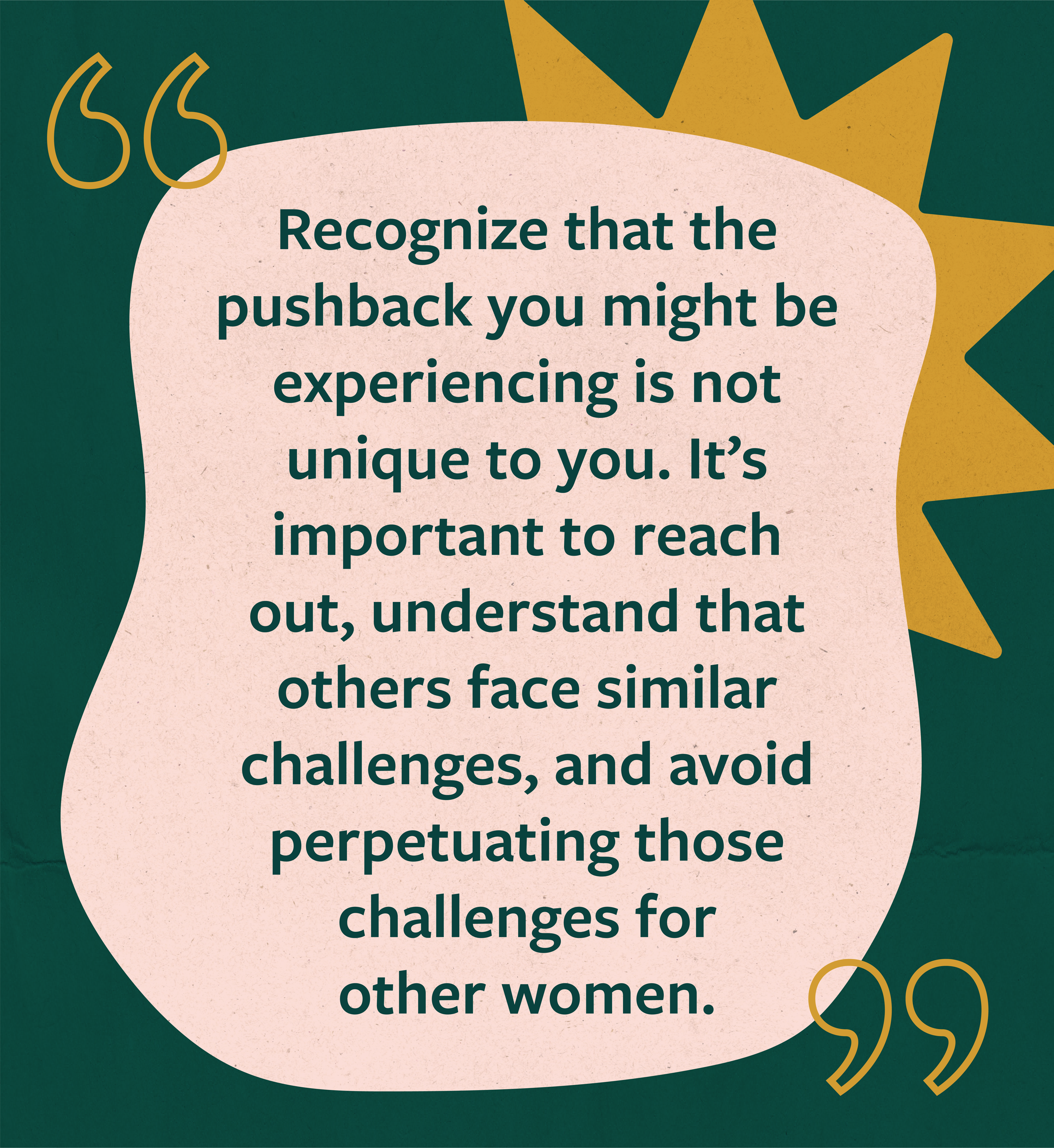
For women aspiring to leadership roles, my advice is to recognize that the pushback you might be experiencing is not unique to you. It’s important to reach out, understand that others face similar challenges, and avoid perpetuating those challenges for other women. Acknowledge and address any internal biases you might have, and strive to support and uplift others.
Regarding personal experiences that have shaped my leadership, the COVID-19 pandemic was particularly impactful. As a new mayor, it tested our commitment, but navigating the crisis reinforced the importance of making tough decisions with our residents’ well-being as our top priority. Overcoming the challenges of COVID-19 has shown me that if we can manage through a once-in-a-century crisis, we can handle anything that comes our way so long as we put the people we serve first.
A legacy still in the making
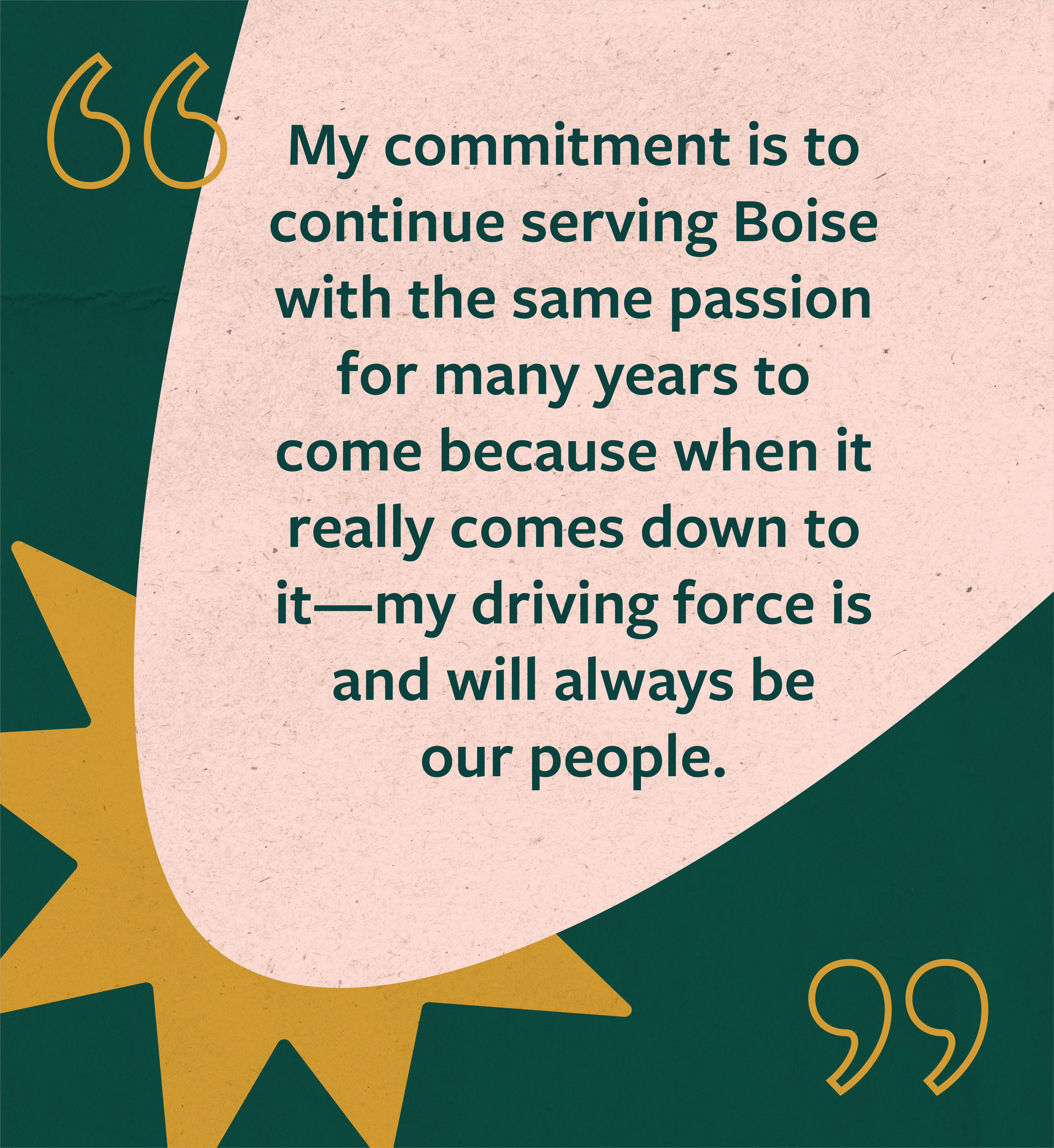
I hope to be remembered for bringing people together to bring about positive changes, like the successful foothills preservation campaign. But more importantly, and beyond specific achievements, I want people to know that my love for this city and its people has been the driving force behind my work. My commitment is to continue serving Boise with the same passion for many years to come because when it really comes down to it—my driving force is and will always be our people.

